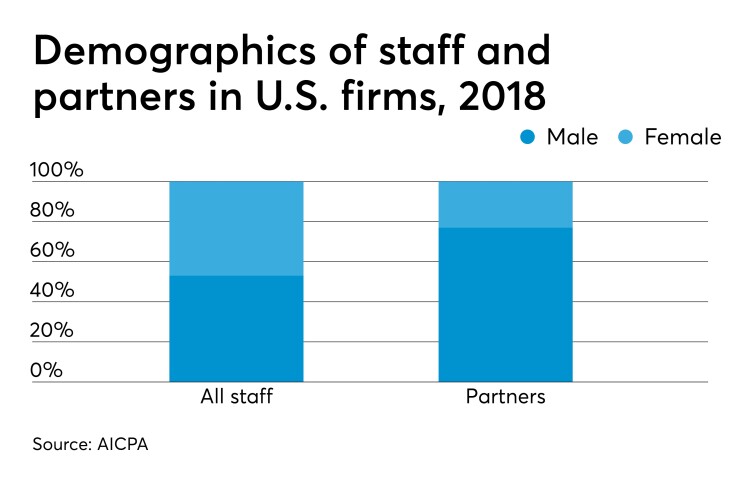I believe, we, collectively, must talk more about men and work/life balance. How often do you hear a man praised for having both a family and a career? I’m guessing not that often. And I’m guessing it’s because it is not assumed men’s careers will be impacted significantly by having a family. Shouldn’t we encourage men to seek more work/life balance? Shouldn’t all professionals today want, and ask for, opportunities traditionally offered to women in the name of work/life balance?
This has been on my mind for a while, but two recent news items have made me seek to spread this message. One of those stories was about a recent JPMorgan Chase class action settlement regarding who can be a “primary caregiver.” Fathers working at JP Morgan Chase were routinely denied time off as a primary caregiver even though it was clearly outlined as an employee benefit (with no mention that it was only for women). Unfortunately, culturally, the company expected only women to take this opportunity, so when men asked for the time they didn’t get it. Now those men are being awarded $5 million in compensation.
The second story I’ve seen revolves around the current presidential primary candidates. It has been well-documented that female candidates running for office are asked frequently about their work/life balance, travel schedules, and even directly – who is taking care of your children? You rarely hear men asked these questions. Why not? Because there isn’t an expectation that they’re worried about this in the first place?
Let me be clear: There are men who not only care about work/life balance but spend a considerable amount of time as caregivers. And there are also companies that are offering more benefits to men, and men who are taking them. But there aren’t enough. Again, perhaps if we talk more about an expectation that this is an area of concern for men, we will see more progress. Change is happening — I just think it’s taking too long.

For anyone in the workforce, there should be options to consider related to work and family. Some ways to address this:
- Organizations should offer “caregiver leave” to men and women. And, more importantly, it needs to be acceptable within the organization for both men and women to actually take the leave. Many large companies and firms have these benefits, but it’s often just not used by men due to unspoken pressures or assumptions.
- Ask your male colleagues how they’re feeling about their work/life balance and encourage them to speak up and ask, if interested, for accommodations that may be currently labeled as “women’s initiatives” — things like alternative schedules, part-time partnerships, or the ability to take a leave, but stay connected to the organization, so they can come back full-time in the future.
- Leadership can set an example that home life is important. For everyone. Talk openly about work/life balance (or whatever term you want to use). Have dialogue about what works and what doesn’t work for each team member. Just as the business world has become comfortable with “dress for your day” policies and telecommuting, we need to also be comfortable addressing who we think of as a caregiver.
I am always quick to point out that I don’t have all the answers. My husband’s job is incredibly flexible, we share caregiver duties and for several years he stayed home with our youngest child. I understand everyone’s individual situation is unique. All I ask is that we consider for a moment the idea that men should want, and should ask for, work/life balance.
Correction: An earlier version of this story incorrectly identified Jennifer Briggs' state society; she is president and CEO of the Indiana CPA Society.





